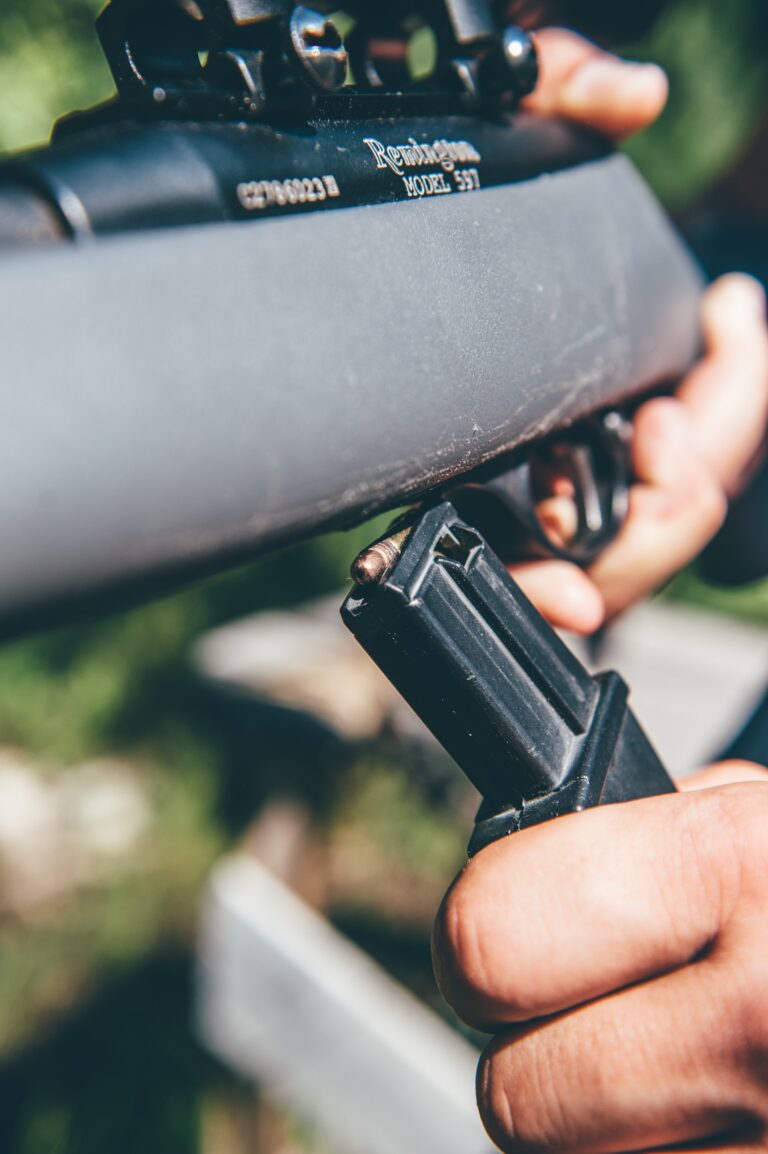What is the legality of guns and firearms in Pennsylvania, United States?
In Pennsylvania, United States, guns and firearms are legal for qualified individuals. The state has a strong tradition of gun ownership and is known for its relatively lax gun laws compared to other states. However, there are certain restrictions and regulations that individuals must follow to ensure they are in compliance with the law.
How can one obtain a license for firearms in Pennsylvania?
To obtain a license for firearms in Pennsylvania, an individual must meet the following requirements:
- Be at least 21 years of age
- Be a resident of the county where the application is submitted
- Not be prohibited from owning firearms under federal or state law
- Complete an application, including providing personal information, background check, and fingerprinting
- Pay the required fee
Upon meeting these requirements and receiving approval, the individual will be issued a License to Carry Firearms (LTCF), which is valid for five years.
What are the rules for open carry and concealed carry in Pennsylvania?
In Pennsylvania, open carry of firearms is generally legal without a license, except in Philadelphia, where a License to Carry Firearms (LTCF) is required. For concealed carry, an LTCF is required statewide. There are some restrictions on where firearms can be carried, such as schools, courthouses, and certain federal properties.
What penalties and enforcement measures exist for gun law violations in Pennsylvania?
Penalties for gun law violations in Pennsylvania can vary depending on the specific offense and the individual’s criminal history. Some common penalties include:
- Fines
- Probation
- Imprisonment
- Forfeiture of the firearm
- Loss of the right to possess firearms
Enforcement measures include local and state law enforcement agencies, as well as the Bureau of Alcohol, Tobacco, Firearms, and Explosives (ATF) for federal violations.
What are the current gun regulations in Pennsylvania, United States?
Some of the current gun regulations in Pennsylvania include:
- Background checks for all firearm purchases
- License to Carry Firearms (LTCF) for concealed carry
- Prohibition of certain individuals from possessing firearms, such as convicted felons, individuals with mental illness, and those subject to protection from abuse orders
- Restrictions on firearm possession in certain locations, such as schools and courthouses
Which guns are considered illegal in Pennsylvania, United States?
In Pennsylvania, certain firearms are considered illegal, including:
- Machine guns
- Sawed-off shotguns
- Firearms with obliterated serial numbers
- Firearms classified as prohibited offensive weapons, such as firearms with silencers, short-barreled rifles, and certain other modified firearms
What are the rules for air rifles, crossbows, and airsoft guns in Pennsylvania, United States?
Air rifles, crossbows, and airsoft guns are generally not considered firearms under Pennsylvania law and are therefore subject to less stringent regulations. However, there may be local ordinances and restrictions on their use, particularly in urban areas. It is important to check local regulations before using these items.
According to the GunsToCarry, Pennsylvania has an estimated 27.1% of the adult population owning firearms, ranking 26th in the nation. The state has a relatively low gun death rate, ranking 41st in the nation.
Are there any ammunition and high-capacity magazine restrictions in Pennsylvania?
There are no specific ammunition or high-capacity magazine restrictions in Pennsylvania. However, certain types of ammunition, such as armor-piercing bullets, are federally regulated and may be subject to restrictions.
Does Pennsylvania have a red flag law in place?
As of September 2021, Pennsylvania does not have a red flag law in place. Red flag laws, also known as Extreme Risk Protection Orders (ERPOs), allow for the temporary removal of firearms from individuals who are deemed to be a risk to themselves or others.
Government laws and resources related to gun laws in Pennsylvania can be found through the following sources:
